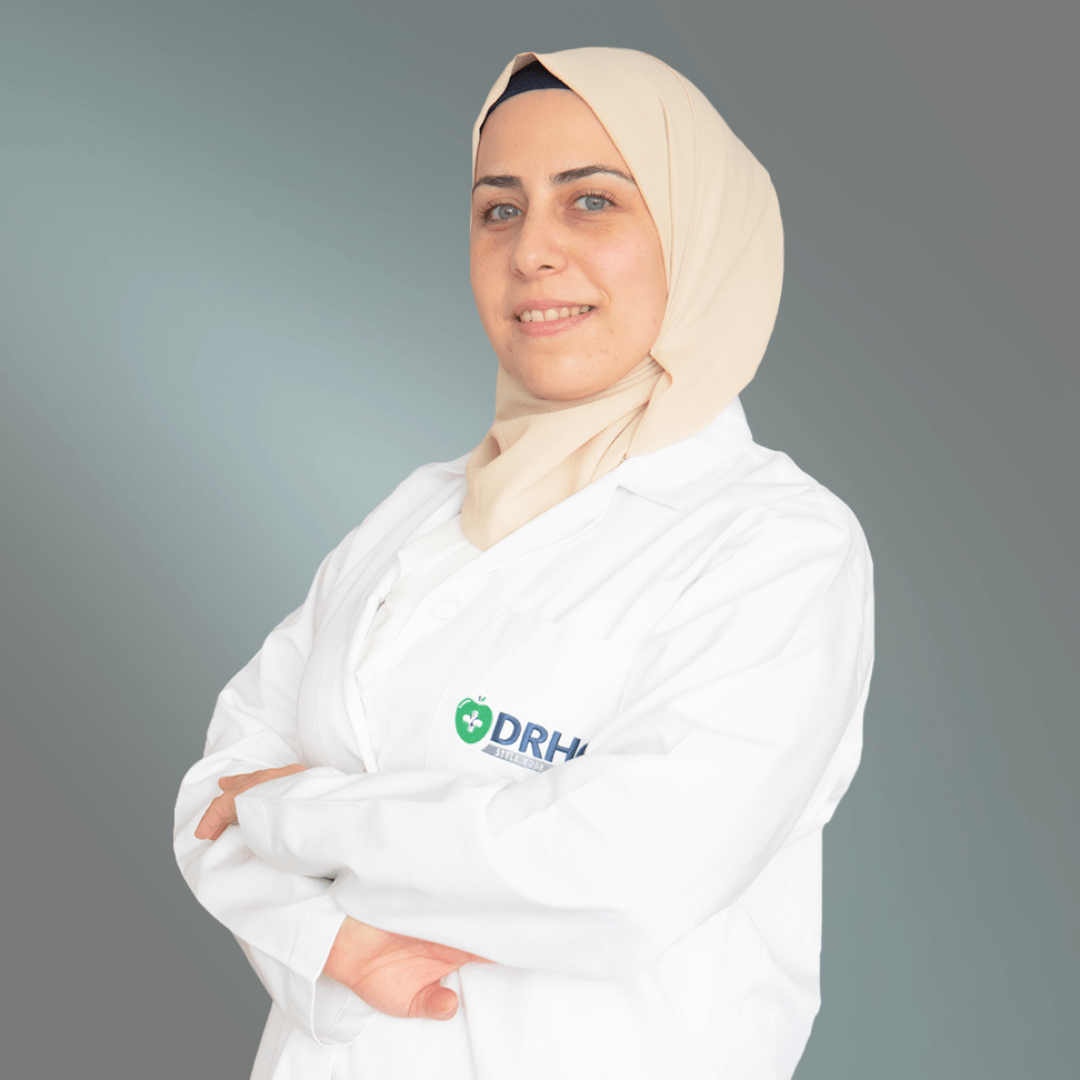Indigestion at DRHC Dubai Gastroenterology Clinic
What is Indigestion?
Indigestion (Dyspepsia) is a common digestive condition that causes discomfort or pain in the upper abdomen. It is often associated with bloating, nausea, heartburn, and a feeling of fullness after eating. While occasional indigestion is normal, frequent or persistent symptoms may indicate an underlying digestive disorder requiring medical attention.
Symptoms of Indigestion
Indigestion can present with a variety of symptoms, including:
Common Causes of Indigestion
Indigestion can be triggered by lifestyle habits, dietary choices, or underlying medical conditions.
1. Lifestyle & Dietary Factors
- Eating too quickly or overeating
- Consuming spicy, fatty, or greasy foods
- Excessive intake of caffeine, alcohol, or carbonated drinks
- Smoking or chewing tobacco
- Stress and anxiety
- Lack of physical activity
2. Underlying Medical Conditions
Persistent indigestion may indicate:
When to See a Doctor for Indigestion?
Seek medical attention if you experience:
- Frequent or persistent indigestion lasting more than two weeks
- Severe abdominal pain that does not improve
- Unexplained weight loss or loss of appetite
- Difficulty swallowing (Dysphagia)
- Vomiting blood or black stools
- Shortness of breath, dizziness, or chest pain
Diagnosis of Indigestion at DRHC Dubai
Our gastroenterologists at DRHC Dubai use advanced diagnostic methods to determine the root cause of indigestion:
- Physical Examination & Medical History
- Blood Tests to check for infections or nutrient deficiencies
- Endoscopy (Gastroscopy) to examine the stomach lining for ulcers, inflammation, or infections
- Ultrasound or CT Scan for gallbladder or liver-related issues
- H. Pylori Breath Test to detect bacterial infections
Treatment Options for Indigestion
The treatment of indigestion depends on the underlying cause and severity of symptoms.
1. Lifestyle & Dietary Changes
- Eat smaller, frequent meals instead of large portions.
- Avoid trigger foods such as spicy, fatty, and acidic foods.
- Reduce caffeine, alcohol, and carbonated drinks.
- Quit smoking and avoid tobacco products.
- Manage stress through meditation, yoga, or relaxation techniques.
2. Medications for Indigestion
- Antacids – Neutralize stomach acid (e.g., magnesium hydroxide, calcium carbonate).
- Proton Pump Inhibitors (PPIs) – Reduce acid production (e.g., omeprazole, pantoprazole).
- H2 Receptor Blockers – Decrease acid secretion (e.g., ranitidine, famotidine).
- Prokinetics – Help stomach empty faster to reduce bloating (e.g., domperidone, metoclopramide).
- Antibiotics – Prescribed if H. pylori infection is detected.
3. Advanced Treatments
For chronic or severe indigestion, specialized treatments such as endoscopic therapy, acid reflux management, or gallbladder treatment may be recommended.
Why Choose DRHC Dubai for Indigestion Treatment?
- Experienced Gastroenterologists specializing in digestive disorders.
- State-of-the-art diagnostic Facilities for accurate and timely diagnosis.
- Personalized Treatment Plans tailored to each patient’s condition.
- Comprehensive Gastrointestinal Care, including dietary counseling and lifestyle management.
.png?width=281&height=59&name=bookanappointment%20(1).png)
Dubai Gastroenterology Clinic — Dr. Rami Hamed Center now provides the leading gastroenterologist in Dubai for Gastric balloons, Colonoscopies, Colon Cancer Screening, and more. DRHC offers highly qualified liver specialist doctors in Dubai. Call +97142798200 to Book your Appointment Today at DRHC Dubai.




.png?width=281&height=59&name=bookanappointment%20(1).png)




